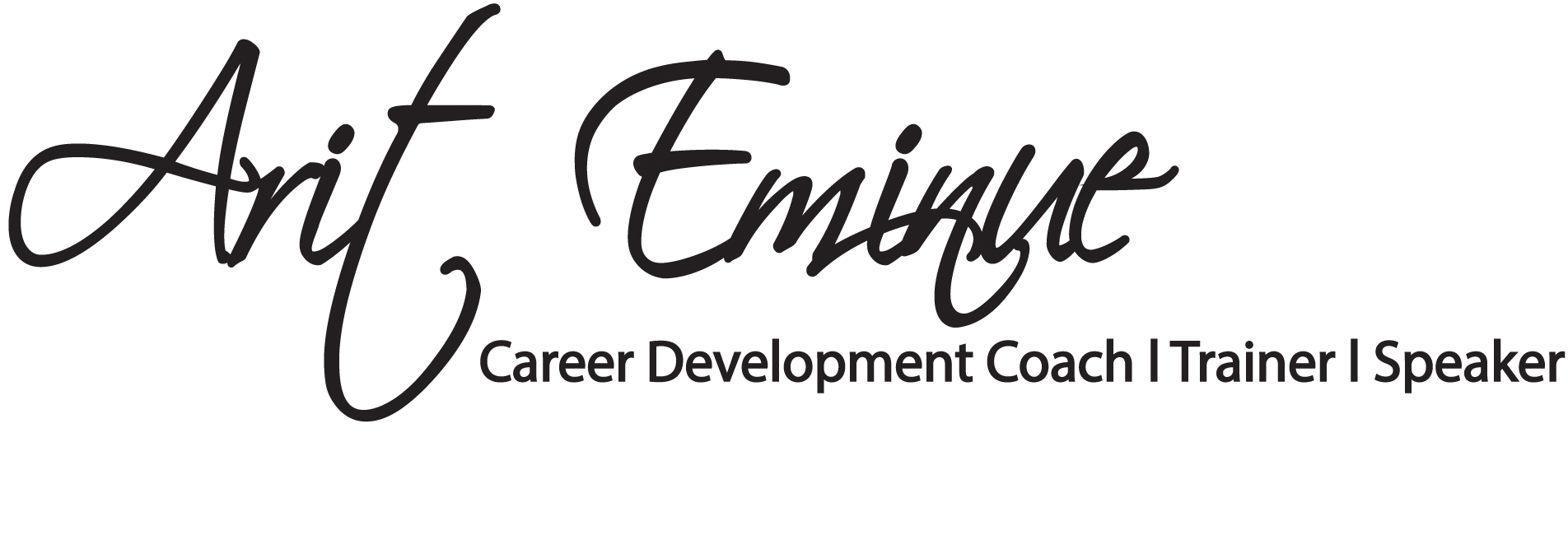5 Post-Covid Workplace Predictions
I’m sure I’m not alone when I say there are bits of 2020 I have happily left behind, yet there are some bits, especially when it comes to the way I work, I want to see in a post-covid working world. Here are my predictions of what is to come, some of which will take root during 2021.
Wellbeing & Mental Health
One of the most encouraging things to come out of 2020 was a focus on employee health and wellbeing.
From online workouts to talking therapies to encouraging team members to switch off and be strict with working hours, many employers did all they could to minimise the mental toll on staff as they navigated themselves through the uncharted waters of the pandemic.
The pandemic increased instances of stress, burnout and mental illness. The knock-on effects of this to businesses includes staff absences and low productivity. Therefore, employers who continue to keep wellbeing and mental health high on their agenda will become magnets to talent, reduce churn and improve their bottom line.
Diversity will remain a priority
The global response to the brutal murder of George Floyd coupled with the casual everyday racism displayed by Amy Cooper played out against the backdrop of a pandemic placed diversity firmly on the agenda of many businesses. The focus moved from tick box exercises and unfulfilled pledges towards action, meaningful conversations and accountability.
Research conducted Deloitte shows by 2025 Millennials will occupy most leadership roles making important decisions that affect workplace cultures and people’s lives.
Millennials have a different take on diversity than generations before who historically focussed on race, gender, representation – millennials view all that and more – respect for the whole person and diversity of thought.
Additionally, companies and senior management teams that are most aligned with millennials in terms of purpose, culture and professional development are likely to attract and retain the best millennial talent and, in turn, potentially achieve better financial performance.
Those companies who will excel as in a post-covid world will be those who embed diversity, equity and inclusion in all parts of their business from talent acquisition recruitment, promotion to their supplier chain.
Flexibility will become the norm
Many employees have remained productive in spite of doing the demands of their day job with homeschooling their children or looking after shielding relatives. There has been a shift from a work-life balance towards a work-life blend. After everything we’ve been through, it’ll take a hard-nosed, backwards thinking employer to turn down a request for flexible working!
Businesses that will thrive, are those who rethink the nine to five working hours and empower and equip teams with the tools to determine how and when they work most productively.
With solid processes in place, organisations can provide flexibility for workers that still ensures the job gets done.
Hybrid working
Whilst working from home certainly has its benefits, I’ve personally missed the human interaction that comes from face to face contact and supports working relationships. That being said – depending on the nature of the role the need for the majority of employees to be in the office each day has gone.
Many employers are offering employees a hybrid model, giving the best of both worlds; two-three days a week with the remaining time spent working from home.
Aside from the savings to office and commuting costs, hybrid working fosters employee wellbeing.
Not another Zoom meeting!
As we slowly emerge from the pandemic, we’ll bid farewell to the long days of back to back virtual meetings, and zoom happy hours and birthday celebrations!
The pandemic has thrown to light the amount of unnecessary recurring meetings we have. I don’t know about you, but I’ve ditched meetings for meeting sake and gone retro by calling people. I have also followed the lead of other employers by encouraging my team to block a ‘no meetings’ day and recharge.
Mandatory Covid vaccination
This is a bonus prediction!
There are no statutory laws that could force individuals to become vaccinated. Therefore employers who try to enforce mandatory vaccination could find themselves in hot water were an employee to raise a claim against them.
However, we have never experienced a global pandemic on this level – at least not in my lifetime, therefore there may be a change in the law.
In absence of this, I predict some employers will indirectly compel employees to take the vaccine. This may be through limiting access to certain activities that involve working with the public or meeting in large numbers. Again, this could lead to claims of unfair treatment.
Those employers who help employees make informed decisions regarding their vaccination by sharing impartial, factual information will be more effective.




Recent Comments